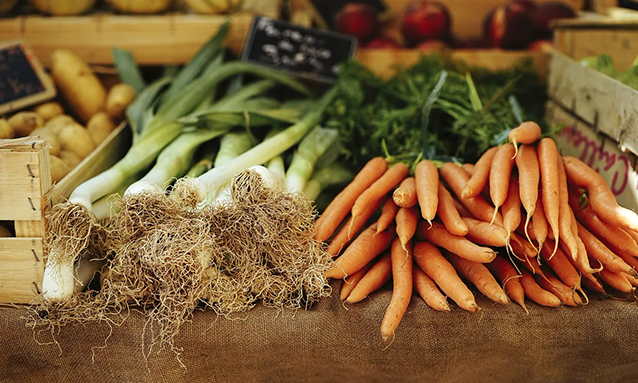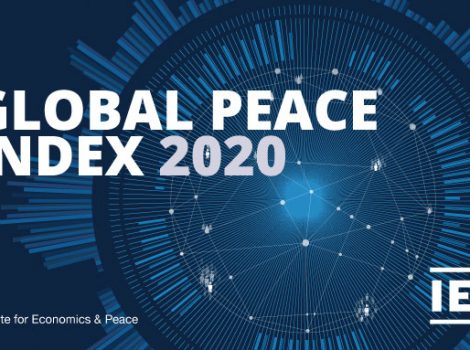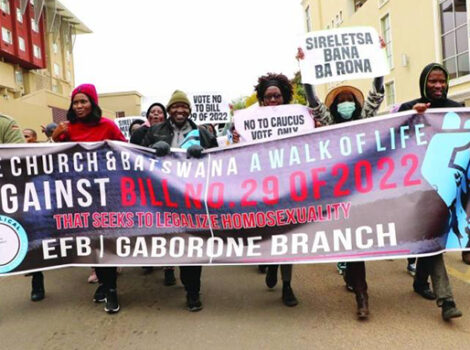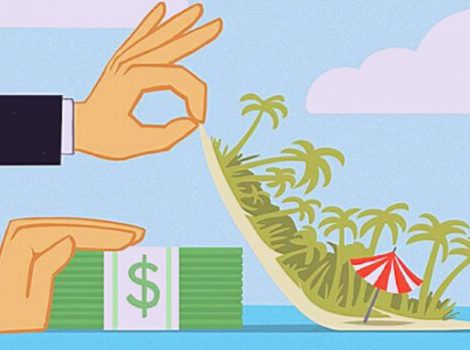
7 November 2023
- Botswana’s ban on vegetable imports, many from South Africa, is working, says President Mokgweetsi Masisi.
- Masisi opened Parliament with a speech focussing on plans and successes, a little less than a year before he will seek re-election.
- Money from De Beers will be invested in tourism, and everyone will have internet access next year, he said.
With elections due next year, Botswana’s President Mokgweetsi Masisi spoke of successes and ambitious plans in a State of the Nation Address during the opening of the country’s Parliament this week, delving into tourism, agriculture, mining, real estate, creative industries, sport, manufacturing, science and technology, and the digital economy.
Cutting off vegetable imports from South Africa had been a success, he said, and he promised to invest money derived from De Beers in agriculture and tourism as part of an effort to achieve “prosperity for all” by 2036.
Getting people and systems online
The president said his government was at an advanced stage of having citizens apply online for national identification cards, passports, social benefit grants, driver’s licences, livestock sales clearance, and other services.
He said youth-led companies were contracted by the government to provide e-commerce-related activities. Masisi said in a few months, the e-health sector would have “an electronic medical records system that has been piloted in 10 clinics with a view to rolling it out by March 2024”.
There’s also the e-learning strategy, e-commerce and other internet-based services that seek to bring together all facets of life in Botswana.
During his first term, he said, the government managed to connect 1 138 public facilities in 144 villages to high-speed internet. In all, half a million people in a population of 2.4 million are connected.
“The project covers Dikgotla, health facilities, schools and other essential government facilities. Just last week, there were over five hundred thousand people connected to the system,” Masisi said.
Vegetable ban
He said the decision to restrict the import of selected vegetables last year led to a reduction in the country’s import bill from R861.61 million to R247.34 million.
Masisi added:
“We achieved this while simultaneously increasing our national capacity to produce the food we need daily at both household and national levels. This demonstrates the positive impact of the import restrictions on the country’s import bill.”
South Africa is Botswana’s biggest trading partner, and had supplied the bulk of many types of vegetables before the ban.
While the import ban had its challenges, such as poor-quality products and shortages on the market, he said by April next year, the government, with the help of the private sector, would create a horticultural market, which “will be the promotion of wider citizen participation in the agro-business and associated value chains”.
Masisi added that his government had expedited plans to liberalise the beef business for its growth and viability to further expand the agriculture sector. The Meat Industry Regulatory Authority Act of July this year will “promote the resilience of the livestock and meat sectors by creating a conducive business environment, which at the same time ensures the protection of Batswana and consumers of our meat,” he said.
Through artificial insemination programmes, local production of meat and milk was set to improve. Artificial insemination centres across the country will receive major facelifts, while six more will be built by mid-next year.
De Beers cash
Diamonds are the biggest forex earners for Botswana, Masisi said. Under the revised contracts with the De Beers Group for the next 10 years, the state would earn R1.36 billion (P1 billion) annually in revenue. In a decade, the country’s Diamond Development Fund will have P10 billion in its account, and the money will benefit other sectors of the economy.
“The fund will, among others, support the tourism, hospitality, and agricultural sectors, as well as research and development. The increase in the government’s entitlement out of Debswana’s production will create additional opportunities for Batswana,” he said.
Botswana, a big player in the diamond mining industry, will, starting in January next year, host the Kimberley Process Permanent Secretariat in Gaborone. The Kimberly Process is a world regulator of the diamond mining industry. For Masisi, this means “a clear indication of the confidence that the international community has in our governance processes”.
In the broader mining sector, Masisi said locals were benefitting from the supply chain and employment creation.
More tourism
Masisi said one of the main projects his government was tasked with was the Kasane-Kazungula redevelopment, which will transform the Chobe area into a high-value tourism destination.
He also said numerous international gatherings, such as the Toyota Gazoo, Desert Race, Makgadikgadi Epic, Xere Annual Festival, Dithubaruba, Domboshaba Cultural Event, the Nama, Dikgafela, Khawa Dune Challenge and Kazungula Marathon, had the potential to drive more traffic to Botswana’s tourist destinations.
“Botswana is in an overdrive mode to establish itself as the destination of choice for hosting meetings, incentives, conferences and exhibitions.
“As a result, numerous events bringing thousands of international participants have been hosted across the country in keeping with our commitment. The benefits of hosting these events include a diversity of spin-offs for several sectors, including hotel and hospitality, retail, and transport, amongst others,” he said.



